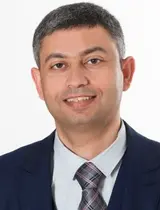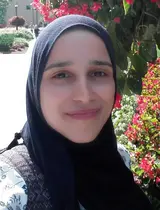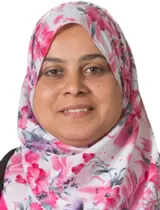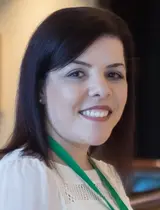Working Group Meeting
Training on Academic Leadership
Training
Changing realities of work environments
The modern world of work is in a state of ongoing change: Technological progress and the digital transformation, globalisation and new forms of work organisation are constantly reshaping the labour market. Not least, the pandemic has uncovered the manifold challenges, deficiencies and demands with unprecedented immediacy. While some professional fields are threatened by redundancy, others grow rapidly; and still others underlie continuous change in terms of the skills they require. To keep up with this pace, employees nowadays need to offer a special skill set to adapt quickly to new working conditions and environments and to constantly redefine themselves.
Lack of expertise and resources
In this respect, a university education already provides a solid foundation for later entry into the professional world, though it is still not enough. Not least, because the tasks at universities, and thus for university professionals, are also becoming increasingly diverse and complex – large-scale projects, the coordination of international teams and increased administrative responsibilities are part of day-to-day business. This, of course, results in a growing demand for qualification programs to strengthen leadership skills and to support scholars in their career management. Universities themselves, however, often lack the necessary expertise and resources to design and offer such courses.
Closing the gap: Fostering leadership skills at the university
To address this need, members of the AGYA Working Group Arab and German Education organized an online training workshop on ‘Leadership Skills in Academia’. The main goal of this hands-on training was to support professionals in academia, notably teachers, to learn more about how to be effective leaders and how to foster leadership skills in class to achieve better learning outcomes and lead both students and teachers towards a compelling understanding of the subject and a sound vision of the future.
Fresher leadership skills and a positive mind-set are crucial to navigate through our fast-changing, often unpredictable world. The small worlds we create inside our classrooms are no exception. Having participated in this interactive training, I now have a more informed knowledge about the different leadership styles and methods, and I feel better equipped to incorporate them not only in my classroom, but also in my supervision work. Of course, I do so while accommodating my students' needs, preferences and different learning styles.
It’s all about emotional intelligence, enhanced communication and confidence
Relying on the outstanding expertise of Kenia-based leadership trainer Pamela Yoga-Yieke, the training brought together about 25 participants from 8 countries spanning Algeria, Egypt, Germany, Jordan, Kuwait, Palestine, Tunisia and the United Arab Emirates. Under the guidance of the experienced trainer, AGYA members and alumni as well as Arab and German scholars of the broader AGYA network familiarized themselves with strategies to increase self-awareness, successfully put into practice leadership skills such as emotional intelligence, leadership styles, and communication, and how to best navigate in a volatile, uncertain, complex, and ambiguous (VUCA) world.
In the course of the two-day training, the following key topics were covered:
- Understanding emotional intelligence & emotional intelligence assessment
- Introduction and scaling of leadership in a VUCA world
- Learning methodologies for leadership development
- Understanding personalities
- Enhanced communication & listening skills
- Giving and receiving feedback
- Leading with emotional intelligence (leadership styles)
- Practical tips to present yourself with confidence
To enhance the learning outcome, the training made use of group discussions, videos, brainstorming sessions, case studies and real-life stories to contextualize learning. This innovative and highly interactive teaching method, combined with the participants' different backgrounds and areas of expertise, led to a lively interdisciplinary exchange that further enriched the workshop. While some asked about how to establish efficient time management in everyday life at university given the enormous workload, others inquired about appropriate strategies to avoid conflict when leading larger teams. Still others wanted to know how best to balance work and personal life in order to become a successful academic leader. In the end, one thing became very clear: everyone faces the same challenges, regardless of their discipline or country.
- Disciplines Involved
- Arabic Studies, Archaeology;, Architecture, Biology, Business Administration & Marketing, Chemistry, Engineering, Human Genetics, Linguistics, Literature, Machine Learning, Mathematics, Medical and Health Sciences, Pharmacy
- Project Title
- Leadership Skills in Academia
- Year
- 2020
- Funding Scheme
- Working Group Meeting
- Working Group
- Arab and German Education
- Countries Involved
- Algeria, Egypt, Germany, Jordan, Kuwait, Palestine, Tunisia, United Arab Emirates, Kenya





